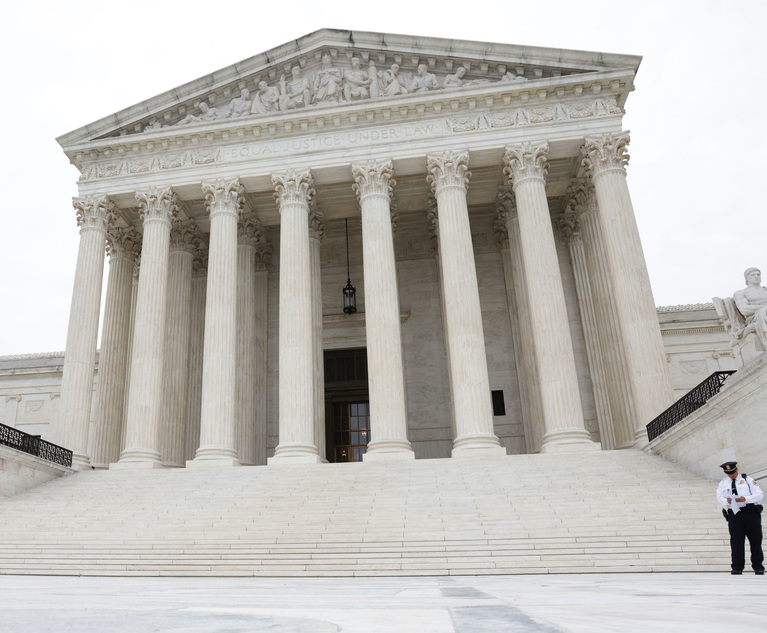The Federal Arbitration Act (FAA) generally requires courts to enforce arbitration agreements. However, the FAA carves out contracts involving “class[es] of workers engaged in interstate commerce.” The meaning of the phrase “engaged in interstate commerce” has been the subject of a significant amount of litigation.
 Peter B. “Bo” Rutledge, dean of the University of Georgia School of Law. (Courtesy photo)
Peter B. “Bo” Rutledge, dean of the University of Georgia School of Law. (Courtesy photo)
Recently, the U.S. Court of Appeals for the First Circuit’s decision in Immediato v. Postmates attempted to gloss its meaning. The decision could have far-reaching implications for all gig economy workers. It also sheds light on the direction that this line of jurisprudence may take after the U.S. Supreme Court’s path-breaking decision in Southwest v. Saxon.
This content has been archived. It is available through our partners, LexisNexis® and Bloomberg Law.
To view this content, please continue to their sites.
Not a Lexis Subscriber?
Subscribe Now
Not a Bloomberg Law Subscriber?
Subscribe Now
LexisNexis® and Bloomberg Law are third party online distributors of the broad collection of current and archived versions of ALM's legal news publications. LexisNexis® and Bloomberg Law customers are able to access and use ALM's content, including content from the National Law Journal, The American Lawyer, Legaltech News, The New York Law Journal, and Corporate Counsel, as well as other sources of legal information.
For questions call 1-877-256-2472 or contact us at [email protected]


 U.S. Supreme Court building in Washington, D.C. (Photo: Diego M. Radzinschi/ALM)
U.S. Supreme Court building in Washington, D.C. (Photo: Diego M. Radzinschi/ALM)




